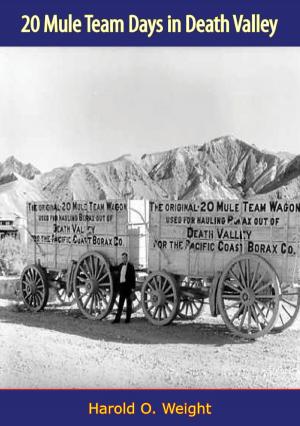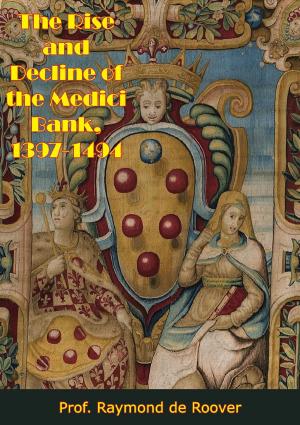| Author: | W. Baring Pemberton | ISBN: | 9781787204195 |
| Publisher: | Borodino Books | Publication: | April 7, 2017 |
| Imprint: | Borodino Books | Language: | English |
| Author: | W. Baring Pemberton |
| ISBN: | 9781787204195 |
| Publisher: | Borodino Books |
| Publication: | April 7, 2017 |
| Imprint: | Borodino Books |
| Language: | English |
The Crimean War has been called ‘the last great war to be fought without the help of modern resources of science’. It was also the last great war to be fought by the British army in all its splendour of scarlet and gold, using weapons and tactics which would not have astonished the Prince Rupert or the Duke of Marlborough. Many who fought in the First, and not a few who fought in the Second, World War will have known personally those who took part in such battles and heard their accounts from their own lips.
On the other hand no campaign should be more familiar, because none has been ‘covered’ more fully and more candidly. The historian of the Crimean battles has then (it would appear) only to make a synthesis of the innumerable letters and reports and his story is complete. Unfortunately this is not so. With smoke from the black powder then used drifting across the battlefield, lying heavily over batteries, the combatant could often see and report little more than what had happened in his vicinity; and even in this he is not necessarily reliable…
As for those who recollected in tranquillity—and there were many—it is enough to record the remark of a contemporary Canadian military historian: ‘Memory can play tricks upon an officer after some lapse of time, especially when the officer’s own interest and prejudice are engaged.’
Beset by these difficulties the writer who surrounds every incident with reservations and qualifications will rapidly weary his readers. He must on matters of moment, such for example as Nolan’s responsibility for the Light Brigade charge, use his judgment on the evidence available and make up his own mind. This I have tried to do.”
The Crimean War has been called ‘the last great war to be fought without the help of modern resources of science’. It was also the last great war to be fought by the British army in all its splendour of scarlet and gold, using weapons and tactics which would not have astonished the Prince Rupert or the Duke of Marlborough. Many who fought in the First, and not a few who fought in the Second, World War will have known personally those who took part in such battles and heard their accounts from their own lips.
On the other hand no campaign should be more familiar, because none has been ‘covered’ more fully and more candidly. The historian of the Crimean battles has then (it would appear) only to make a synthesis of the innumerable letters and reports and his story is complete. Unfortunately this is not so. With smoke from the black powder then used drifting across the battlefield, lying heavily over batteries, the combatant could often see and report little more than what had happened in his vicinity; and even in this he is not necessarily reliable…
As for those who recollected in tranquillity—and there were many—it is enough to record the remark of a contemporary Canadian military historian: ‘Memory can play tricks upon an officer after some lapse of time, especially when the officer’s own interest and prejudice are engaged.’
Beset by these difficulties the writer who surrounds every incident with reservations and qualifications will rapidly weary his readers. He must on matters of moment, such for example as Nolan’s responsibility for the Light Brigade charge, use his judgment on the evidence available and make up his own mind. This I have tried to do.”
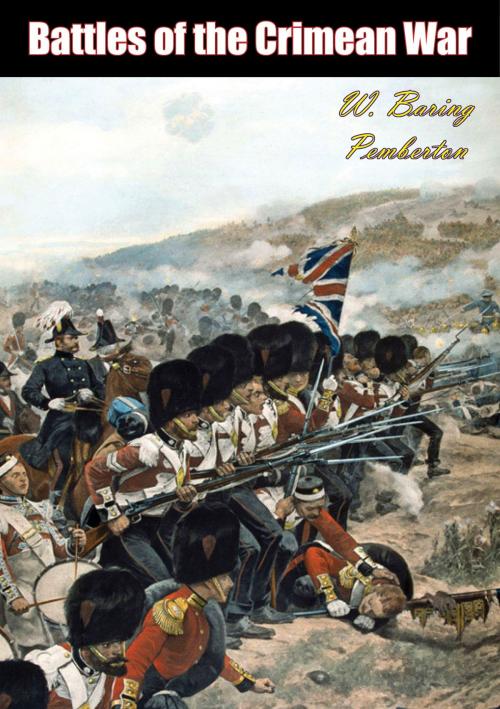

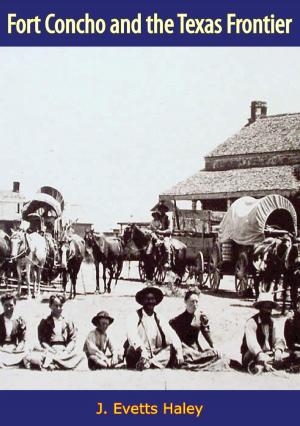
![Cover of the book A History of Political Thought in the Sixteenth Century [Revised Edition] by W. Baring Pemberton](https://www.kuoky.com/images/2018/february/300x300/9781787209800-Gx2b_300x.jpg)
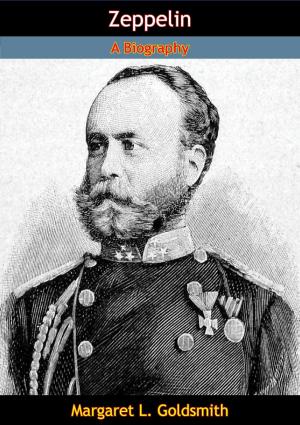

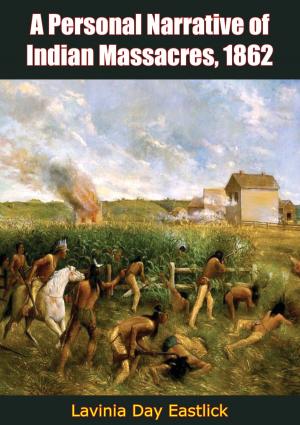

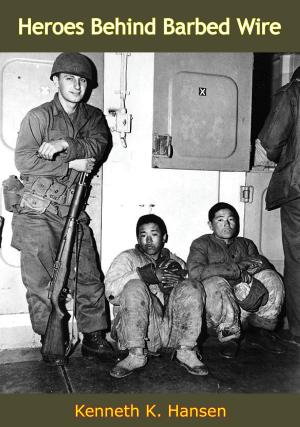
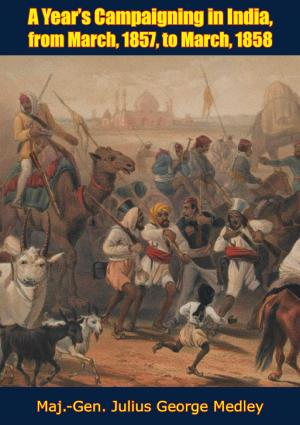
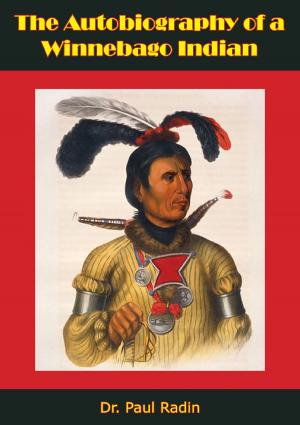

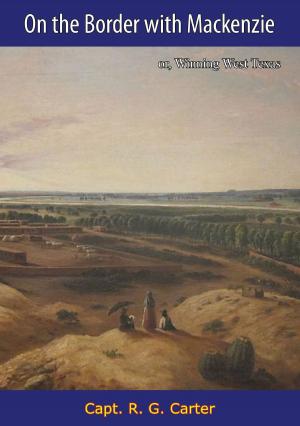
![Cover of the book Underground to Palestine [First Edition] by W. Baring Pemberton](https://www.kuoky.com/images/2018/april/300x300/9781789121513-u26m_300x.jpg)
